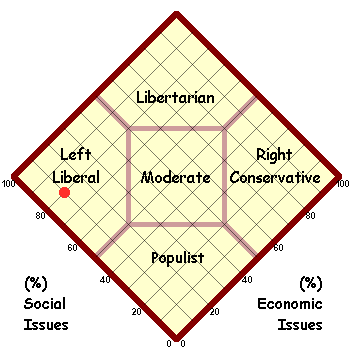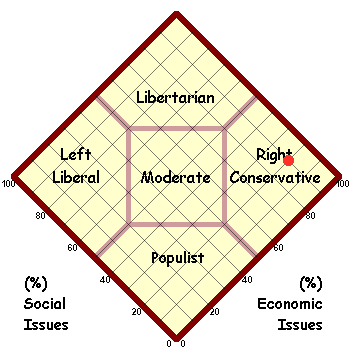gmb92
gmb92's Journal2014 midterms - poll shows why registered voters didn't vote
If Democrats want the country to become more progressive, voter turnout is critical, especially in midterms. If elections were only conducted every 4 years (2008, 2012), congresses, national and state, would look a lot different.
http://www.washingtonpost.com/wp-apps/imrs.php?src= &w=1484
&w=1484
http://www.washingtonpost.com/blogs/wonkblog/wp/2014/11/12/a-ton-of-people-didnt-vote-because-they-couldnt-get-time-off-from-work/
This is only registered voters. Those not registered to vote would fall more into the "didn't care" category. This post doesn't cover the perpetually disinterested.
But voter turnout in midterms is way down from presidential elections (when close to 90% of registered voters turned out last 2 times). So polls like these can provide valuable insight.
I don't think these reasons are mutually-exclusive, but only 20% fell into the "didn't care" category. You could argue that those nearly 70% who said they were too busy, or conflicts with work/school didn't care either, but that's not entirely true. More accurately, their interest wasn't high enough to surpass the hassle, which is not the same as saying they had no interest. Some will rationalize it's still "only one vote".
The WaPost article has some suggestions on how to improve voter turnout, critical to Democratic success in elections, and I'll combine my thoughts.
1. Make Election Day a holiday. Bernie Sanders introduced a bill on this. A good argument to be made is that some employers are only accommodating during presidential elections. This takes care of that.
2. Make elections entirely vote by mail. Oregon has done this. Voter turnout there was quite high. Not surprisingly, Democrats actually extended their gains in the state congress, and won the governor and Senate races by wider margins than 2010. No more hassles of long lines. Then work/school isn't an issue. Forgetting becomes less of an excuse.
Other ideas?
There's the more difficult task of getting the non-registered voter interested, or getting the casually-interested voter interested enough to hassle themselves. I think Democrats need to be more unified in ideas, which is easier said than done. Republicans are excellent at starting a talking point and having everyone repeat it endlessly. It's not enough to talk about income inequality, but repeatedly mention the consequences of it that everyone can grasp. Economies stagnate and good jobs are lost when they are set up to favor the very wealthy. Propose a series of solutions for it (min. wage, higher taxes on top incomes, health care tax credits, education incentives, taxes on companies that outsource, etc.). When Republicans inevitably introduce legislation to cut taxes on the wealthy and gut regulation, immediately respond that it is a "job killer". So when reporters ask why they can explain it. Taxes for the wealthy add to the widening income gap, and are an opportunity cost. It means less money for schools and infrastructure. It means less money for tax cuts for working people. It means higher deficits (too many people think deficits are about spending only, not revenues), which hurts future generations. It means very low rates for the Romneys while the rest of us scrape by. Point to the Bush years as clear evidence. Deregulation is what causes boom/bust economies. Talk about how the Republican do-nothing Congress has done nothing but stifle progress.
Hillary Clinton's Voting Record
When anyone asserts that Clinton is like the Republicans, kindly refer them to her voting record and proposals:
http://www.ontheissues.org/senate/hillary_clinton.htm

For comparison, here's Paul Ryan, 2012 VP nominee and possible 2016 contender.
http://www.ontheissues.org/house/Paul_Ryan.htm

Clinton wasn't my first choice in 2008 and possibly won't be for 2016, but I find most progressive assessments of her as being too "conservative" to be based on emotive and/or very selective analysis (focusing on similarities and ignoring the larger differences). That is how all too many rationalize not voting.
Profile Information
Member since: Thu Nov 6, 2014, 07:08 PMNumber of posts: 57